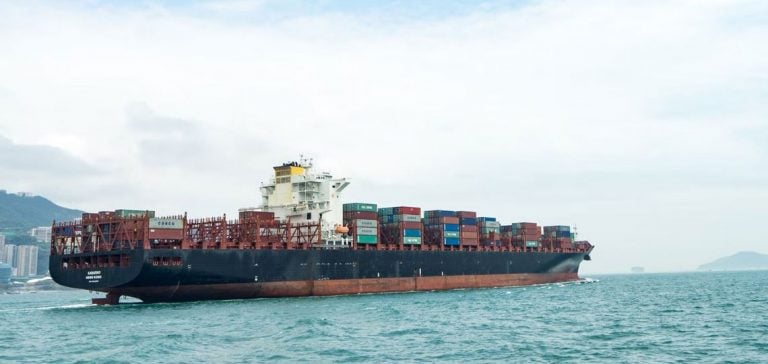The low sulfur fuel oil (LSFO) market in Asia is experiencing fluctuating dynamics due to adjustments to China’s export quotas. Indeed, the third wave of export quotas for 2024 introduces lower-than-expected volumes, which could put further pressure on Chinese suppliers.
This context is boosting imports from Singapore, the nerve center of the global LSFO trade.
Exports of Chinese marine fuel are now capped at 1 million metric tons for LSFO, a significant drop on the initial volumes for 2023 of 14 million tons.
This reduction has a direct impact on the market, as Chinese domestic demand continues to grow.
As a result, imports, notably from Singapore, are increasing to compensate for this deficit.
Pressure on Singaporean imports
Singapore, an essential hub for the supply of marine fuels, plays a strategic role in this new balance.
Although Western arbitrage flows to Singapore are expected to bolster stocks, Chinese demand remains a major factor.
According to Singapore-based traders, the fundamentals of the Asian LSFO market are set to hold, despite increased short-term price pressure.
The short-term swap price spread for LSFO in Singapore (M1-M2) widened its backwardation by 61.4% in a single day, illustrating the market’s growing volatility.
This context is partly fuelled by rising premiums on physical marine fuel cargoes.
Other market observers believe that this situation is exacerbated by recent supply reductions from other regions, such as Nigeria, where disruptions have been observed.
Impact on refining margins
Refining margins for LSFO in Asia continue to fluctuate according to Chinese export quota announcements and the availability of products on the market.
The Al Zour refinery in Kuwait saw its production increase after the summer period, but maintenance plans scheduled for the fourth quarter of 2024 should limit export volumes.
On the other hand, falling demand for power generation in the Middle East points to an increase in LSFO exports to Asia.
The premium on Singaporean cargoes peaked at $17.45/metric ton, according to recent data from S&P Global Commodity Insights, marking a significant increase on previous days.
Despite these increases, traders anticipate a price readjustment from October onwards, due to expected arbitrage volumes from the West.
Implications for Chinese suppliers
Reduced export quotas put Chinese suppliers in a complex position.
With only 1 million tonnes allocated for LSFO, China’s exports are limited, while domestic demand continues unabated.
The main players on the Chinese market, including Sinopec, PetroChina and CNOOC, are sharing volumes well below forecasts, which could force these companies to review their supply strategies.
Traders estimate that monthly demand from China could represent between 400,000 and 500,000 tonnes imported from Singapore.
This situation is also leading to an intensification of physical purchases on spot markets.
PetroChina, for example, recently purchased 420,000 tonnes of 0.5% sulfur marine fuel oil during Platts’ “Market on Close” evaluation process, representing a significant share of the month’s traded volumes.
Outlook for the fourth quarter
Despite the current disruptions, the Asian LSFO market should benefit from the continued arrival of cargoes from the West.
Larger volumes are expected from mid-October onwards, which could moderate any significant price rises.
However, the balance between sustained Chinese demand and increased Western arbitrage arrivals will be a key factor in the months ahead.
Traders remain attentive to the evolution of Chinese export quotas, but also to the capacity of the region’s refineries to meet demand, which remains buoyant.
With market conditions evolving rapidly, volatility looks set to become a permanent feature of the Asian LSFO market, particularly influenced by China’s quota policies and the evolution of global trade flows.






















